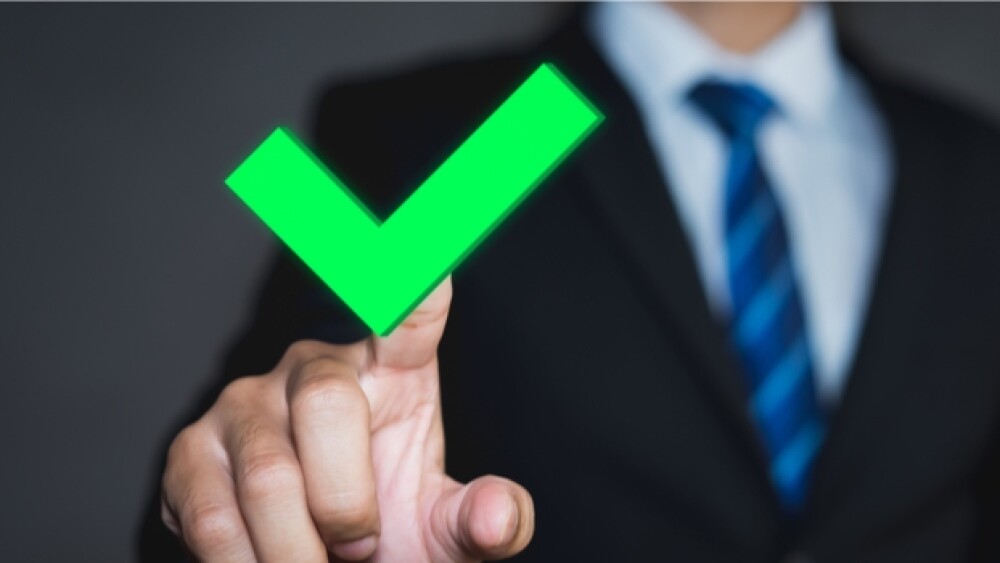The U.S. Food and Drug Administration approved Abbott’s molecular test for the novel coronavirus that causes COVID-19 under an Emergency Use Authorization.
The U.S. Food and Drug Administration (FDA) approved Abbott’s molecular test for the novel coronavirus that causes COVID-19 under an Emergency Use Authorization (EUA). The company indicates it is immediately shipping 150,000 Abbott RealTime SARS-CoV-2 EUA tests to current customers in the U.S.
The tests run on Abbott’s m2000 RealTime System, which is already in utilized by more than 175 hospitals and academic medical center laboratories in the U.S.
“A global challenge like coronavirus requires the commitment and cooperation of everyone who has the ability to help address it,” said Miles D. White, chairman and chief executive officer of Abbott. “I’m proud of the Abbott team and what they’ve accomplished in such a short period of time, and I want to thank the Administration and the FDA for their partnership in making this happen.”
It’s been less than a week since the FDA granted Roche’s cobas SARS-CoV-2 Test under EUA as well. Roche indicated there were about 695 cobas 6800 systems around the world and 132 of the cobas 8800s, with “more than 100” in the U.S. The FDA has also approved a system by Thermo Fisher Scientific under the EUA.
Earlier this week, Becton Dickinson submitted an emergency request to the FDA with molecular diagnostic company BioGX to increase capacity of tests for the novel coronavirus as well. At least three of the major national clinical diagnostic laboratories, Quest Diagnostics, LabCorp and Mayo Clinic Labs have begun rollout of coronavirus testing.
The U.S. Centers for Disease Control and Prevention (CDC) report that only slightly over 30,000 coronavirus tests have been performed in the U.S. by federal, state and local laboratories. South Korea, which has had significant success in controlling the virus so far, has been cited for an unusually effective model for coronavirus testing. The country, which has more than 50 million people, has tested more than 270,000, which accounts for about 5,200 tests per million inhabitants. In comparison, the U.S. has performed 74 tests per 1 million.
South Korea’s approach demonstrates that “diagnostic capacity at scale is key to epidemic control,” said Raina MacIntyre, an emerging infectious disease scholar at the University of New South Wales, Sydney, Australia. “Contact tracing is also very influential in epidemic control, as is case isolation.”
At this time, more than 222,643 cases of the COVID-19 have been reported globally with more than 7,000 in the U.S. The global fatality rate has hit 9,115, with 85,506 reported recovered.
Hospital and academic laboratories began working on lab-developed tests early on. For example, the University of Washington Virology Lab developed a test in about two weeks, which was workable by the end of January. When Alex Azar, the Secretary of Health and Human Services (HHS) declared the coronavirus epidemic a public health emergency on February 4, federal regulations required any laboratory that wanted to run its own tests needed to acquire an EUA from the FDA. The CDC received its EUA on the same day.
This regulation cuts both ways, unfortunately. It slowed the rollout of tests, but it also ensured that the tests available were viable and accurate.
Now that the major commercial laboratories and test kit manufacturers are shipping kits and assays, the public can expect broader coronavirus testing.





